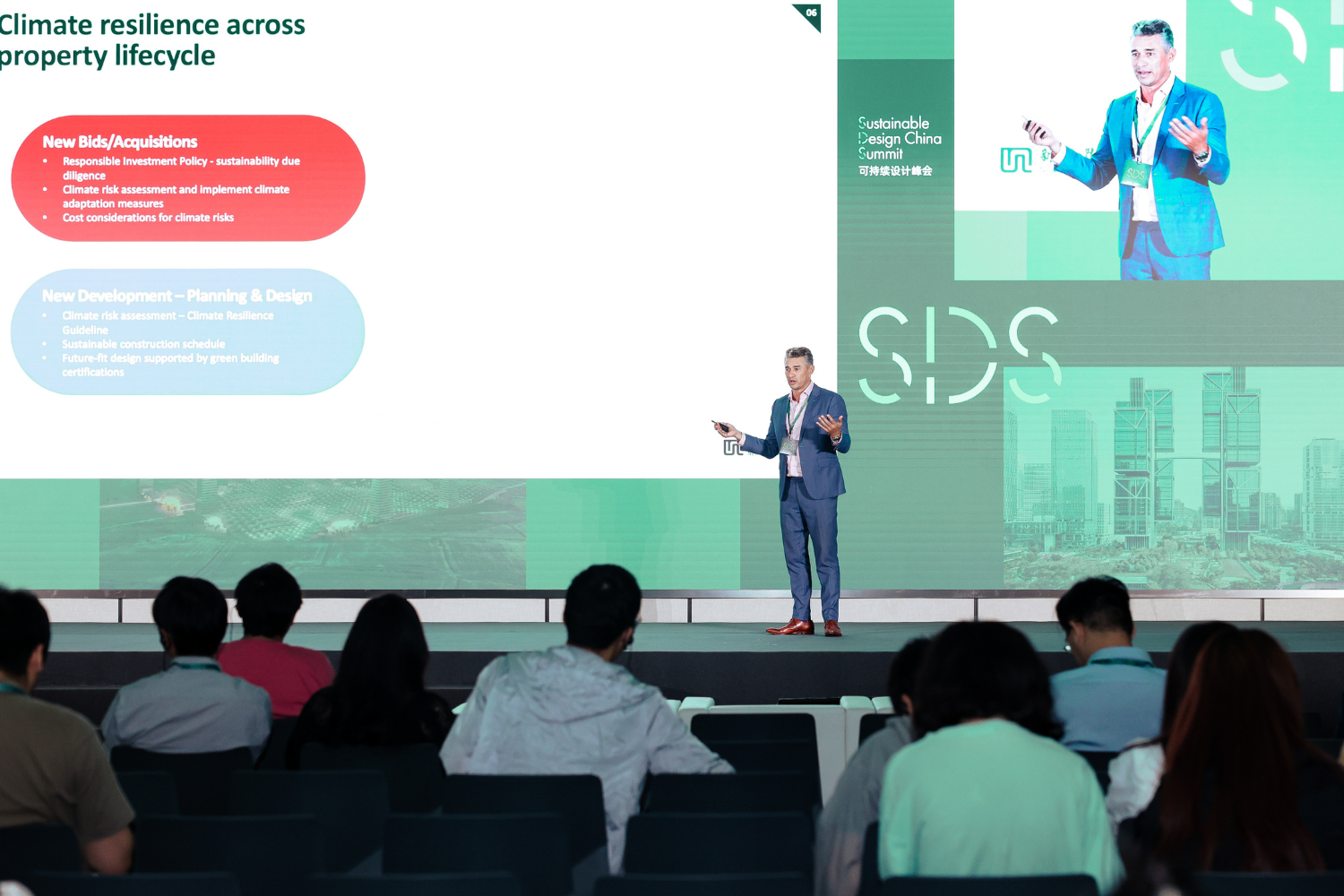Some of the biggest challenges that we face today, in which design across all its sectors plays a fundamental role, is the implementation of environmental strategies to ensure a sustainable future.
Architects, property developers and urban planners are the starting point for urban and rural developments. Therefore they have a responsibility to establish and embed positive environmental, social and circular strategies into urban development policies and building design. The design industry needs to prioritise the implementation of regenerative strategies, the minimising of carbon output and the maximising of circular strategies. This is our opportunity to take the positive steps to future-proof the built environments of today to create a better tomorrow.
During the 3-day summit, we explored six core themes, each featuring a unique element of design's pivotal role in sustainability.


